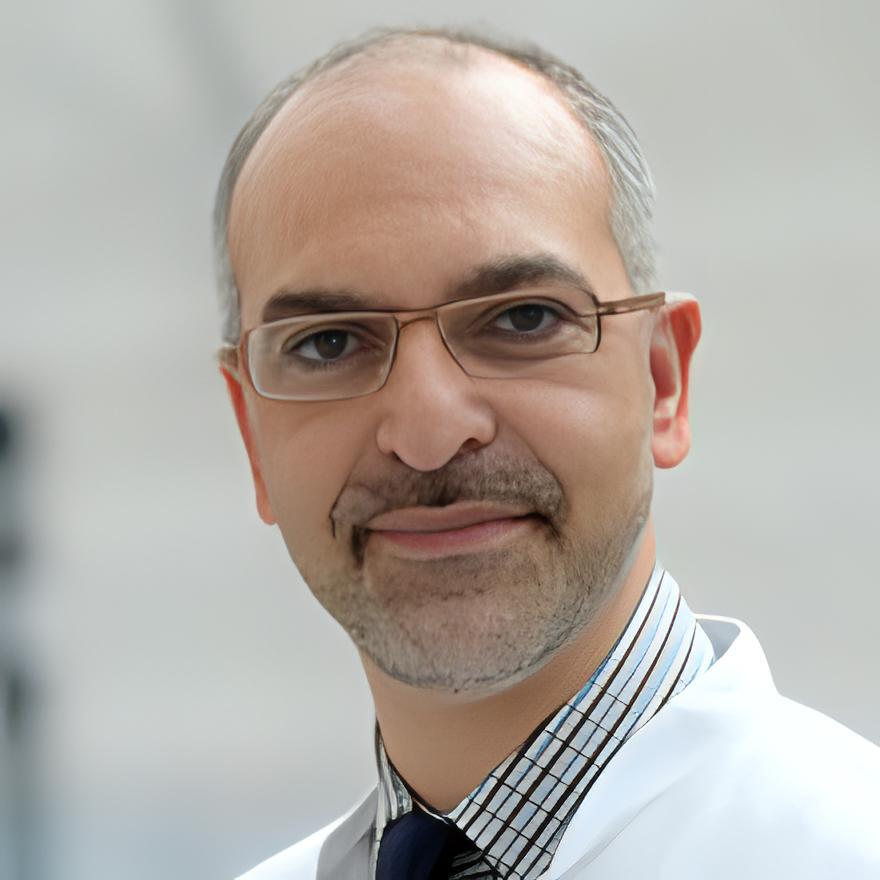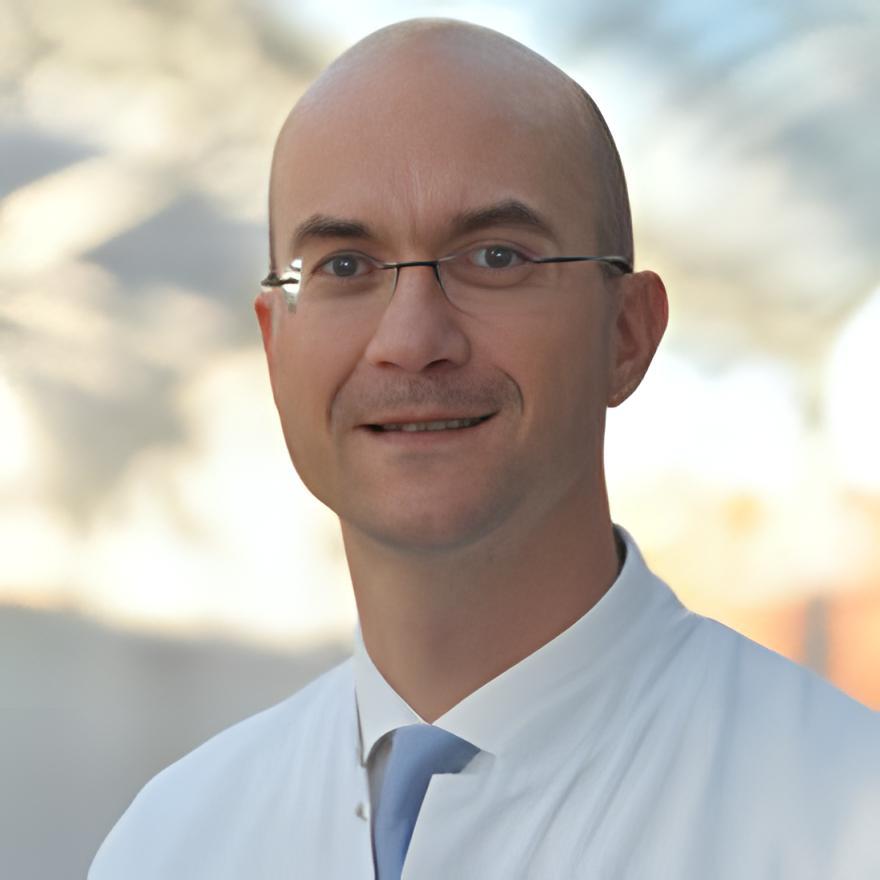

Dr. med. Dr. rer. nat. Michael Martin, PhD
Overview
About the doctor
Skills & Expertise
Gallery






Resume
CV (Curriculum Vitae)
- 1971-1976 Studied for a diploma in physics in Gottingen
- 1979 Doctorate in physics, University of Gottingen
- 1980-1985 Scientific assistant in gynecological radiology, department for women’s health, University Hospital Gottingen
- 1982-1988 Studied medicine in Gießen and Gottingen
- 1985-1987 Scholar at the Max-Planck-Institut for biophysical chemistry in Gottingen
- 1988-1995 Physician at the department for women’s health, University Hospital Gottingen
- 1990 Doctorate in medicine, University of Gottingen
- 1993 Board certification in obstetrics and gynecology
- Accreditation to work with accelerators and gamma radiation facilities
- Certified to work with gynecological lasers by the German society for laser medicine in Heidelberg
- Qualified in advanced nutrition by the German academy for nutrition medicine
- 1987-1992 Scientist at the laboratory for tumor biology at the department for women’s health in Gottingen, manufacturing of autologous tumor vaccines for active specific immunotherapy
- 1996 Founded practice Dr. Martin in Gottingen with a focus on the treatment of patients with immunotherapies together with practice Dr. Neßelhut and the institute for tumor therapy in Duderstadt
Languages
Publications
Circulating endothelial cells, endothelial progenitor cells, microparticles, and markers of inflammation and coagulation in advanced non-small cell lung cancer.
20 May, 2011
Impaired cytokine production in whole blood cell cultures of patients with urological carcinomas
2005
Cancer therapy with unloaded monocyte-derived dendritic cells in patients with inoperable pancreatic and gall bladder cancer.
15 July, 2004
Location
Hinterstraße, 53, 37115 Duderstadt, Germany
FAQ
What are dendritic cells, and what are they used for?
Dendritic cells (DCs) are a type of white blood cell (leukocyte) found in small quantities in the blood. They are present in almost all tissues, where they detect foreign or dangerous cells, such as pathogens, antigens, allergens, or abnormal body cells, including tumor cells. DCs bind to these harmful components, absorb them, and transport them to the lymph nodes or spleen. This process initiates an immune response, leading to the release of lymphocytes and antibodies into the bloodstream to combat the threat throughout the body.
Which types of cancer can be treated with dendritic cells?
In theory, all cancers can be treated using DC therapy. However, certain types, such as melanoma and renal cell carcinoma, respond particularly well. Scientific studies have demonstrated benefits for cancers like B cell lymphoma, myeloma, malignant melanoma, prostate cancer, colon cancer, ovarian cancer, breast cancer, kidney cancer, and brain tumors.
When should a cancer patient consider dendritic cell therapy?
Dendritic cell therapy is usually considered after all standard treatments, such as chemotherapy and radiotherapy, have been completed or when the disease is stable. It can also be an option during disease-free periods in high-risk cases to lower the chance of recurrence. Patients should seek professional advice tailored to their specific cancer type and situation.
Get individual treatment plan and cost estimate. Non-binding 100% free assessment.
© Dr. med. Dr. rer. nat. Michael Martin, PhD








